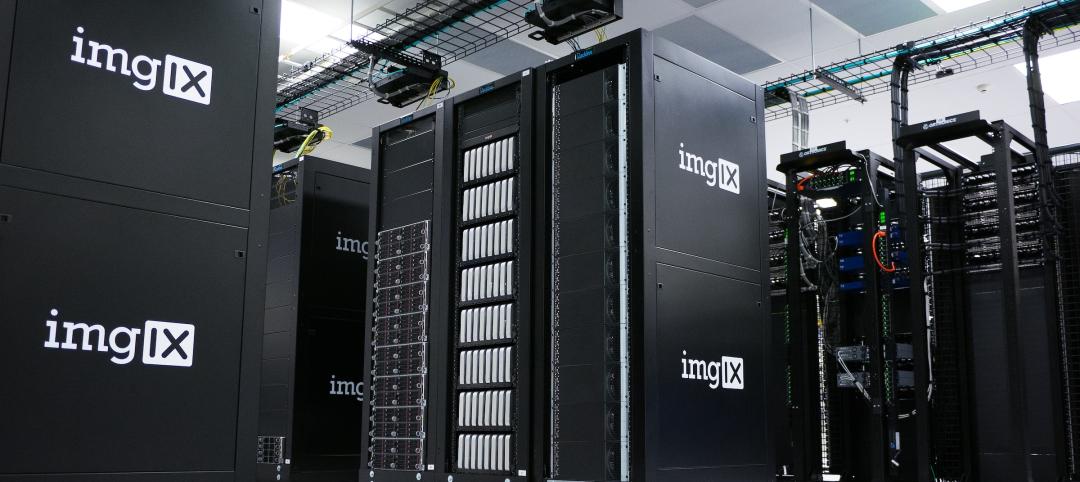The Biden Administration recently launched the Clean Air in Buildings Challenge that calls on all building owners and operators, schools, colleges and universities, and organizations to adopt strategies to improve indoor air quality in their buildings and reduce the spread of COVID-19.
In conjunction with that announcement, the Environmental Protection Agency (EPA) published a best practices guide for improving indoor air quality and reducing the risk of spreading dangerous airborne particles. The guide, developed in collaboration with the Department of Energy, Centers for Disease Control and Prevention, and other federal agencies, contains a set of recommendations organized into four groups:
- Create a clean indoor air action plan that assesses indoor air quality, plans for upgrades and improvements, and includes HVAC inspections and maintenance.
- Optimize fresh air ventilation by bringing in and circulating clean outdoor air indoors.
- Enhance air filtration and cleaning using the central HVAC system and in-room air cleaning devices.
- Engage the building community by communicating with building occupants to increase awareness, commitment, and participation.
Under these recommendation areas, EPA’s best practices guide lays out actions building owners and operators can implement. The guide offer a menu of improvements and includes quick steps that organizations can take right away as well as resources to help plan for longer-term investments and improvements.
Related Stories
Regulations | Oct 4, 2023
New York adopts emissions limits on concrete
New York State recently adopted emissions limits on concrete used for state-funded public building and transportation projects. It is the first state initiative in the U.S. to enact concrete emissions limits on projects undertaken by all agencies, according to a press release from the governor’s office.
Office Buildings | Sep 28, 2023
Structural engineering solutions for office-to-residential conversion
IMEG's Edwin Dean, Joe Gulden, and Doug Sweeney, share seven key focuses for structural engineers when planning office-to-residential conversions.
Data Centers | Sep 15, 2023
Power constraints are restricting data center market growth
There is record global demand for new data centers, but availability of power is hampering market growth. That’s one of the key findings from a new CBRE report: Global Data Center Trends 2023.
Adaptive Reuse | Aug 31, 2023
New York City creates team to accelerate office-to-residential conversions
New York City has a new Office Conversion Accelerator Team that provides a single point of contact within city government to help speed adaptive reuse projects. Projects that create 50 or more housing units from office buildings are eligible for this new program.
Regulations | Aug 23, 2023
Gas industry drops legal challenge to heat pump requirement in Washington building code
Gas and construction industry groups recently moved to dismiss a lawsuit they had filed to block new Washington state building codes that require heat pumps in new residential and commercial construction. The lawsuit contended that the codes harm the industry groups’ business, interfere with consumer energy choice, and don’t comply with federal law.
Sustainability | Aug 15, 2023
Carbon management platform offers free carbon emissions assessment for NYC buildings
nZero, developer of a real-time carbon accounting and management platform, is offering free carbon emissions assessments for buildings in New York City. The offer is intended to help building owners prepare for the city’s upcoming Local Law 97 reporting requirements and compliance. This law will soon assess monetary fines for buildings with emissions that are in non-compliance.
Codes and Standards | Aug 7, 2023
Cambridge, Mass., requires net-zero emissions for some large buildings by 2035
The City of Cambridge, Mass., recently mandated that all non-residential buildings—including existing structures—larger than 100,000 sf meet a net-zero emissions requirement by 2035.
Sustainability | Jul 27, 2023
USGBC warns against building energy code preemptions, rollbacks
In a recent editorial, the USGBC cited a growing number of U.S. state legislators who are “aiming to roll back building energy code standards and/or preempt local governments from advancing energy-efficient building codes.”
Multifamily Housing | Jul 25, 2023
San Francisco seeks proposals for adaptive reuse of underutilized downtown office buildings
The City of San Francisco released a Request For Interest to identify office building conversions that city officials could help expedite with zoning changes, regulatory measures, and financial incentives.
Codes | Jul 10, 2023
Water Demand Calculator outperforms traditional plumbing codes for energy, carbon, and water savings
Using IAPMO’s Water Demand Calculator tool can result in energy, carbon, and water savings as compared to using traditional plumbing specification methods in plumbing codes, according to a study by Arup.

















